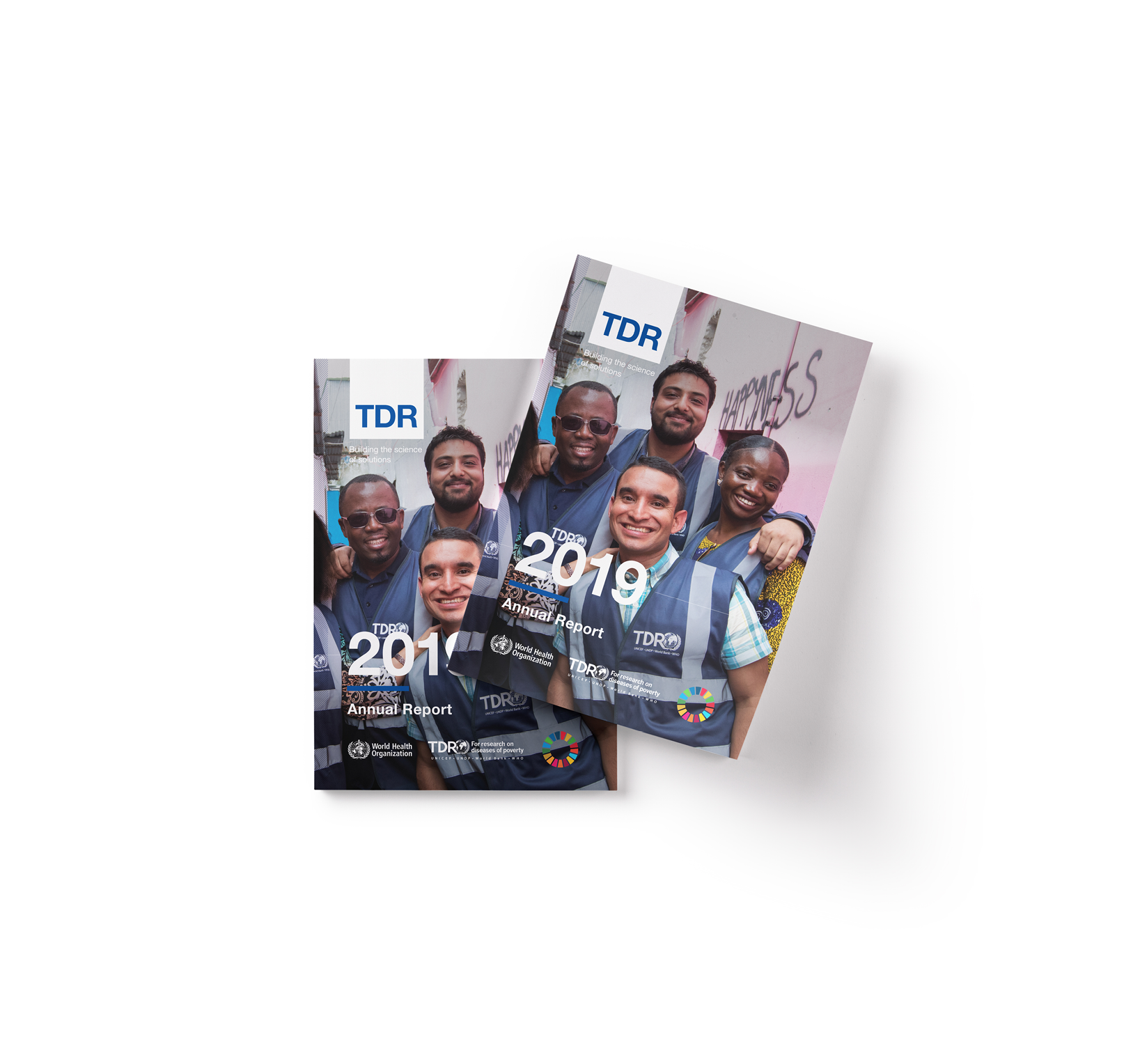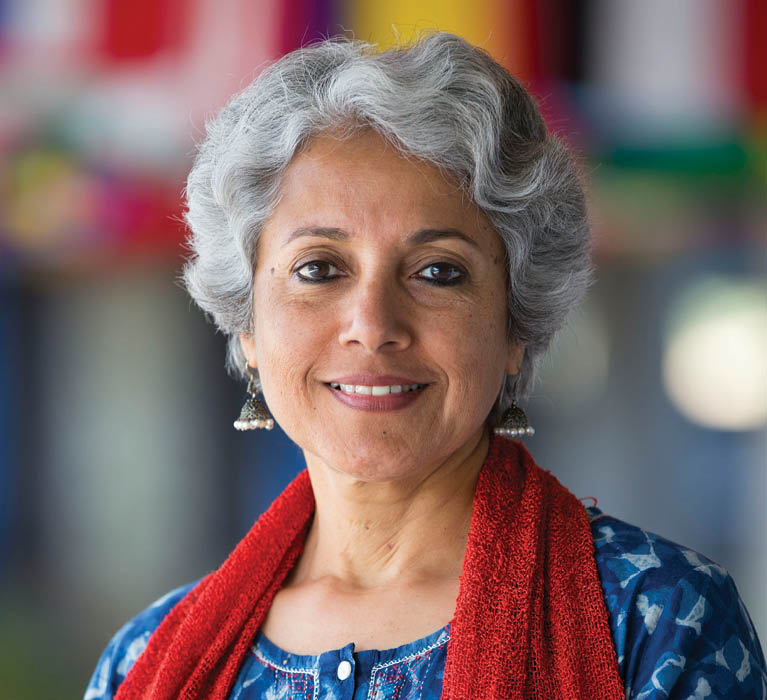

Introduction

Dr Soumya Swaminathan
TDR Special Programme Coordinator
Chief Scientist, World Health Organization
A year after WHO unveiled a transformative re-organization plan, I have been very pleased to see extensive collaboration between TDR, WHO regional and country offices, and other research entities at WHO. This is especially critical as we work together to accelerate progress toward achieving Universal Health Coverage and the health-related Sustainable Development Goals.
For example, the Structured Operational Research and Training IniTiative (SORT IT), which is designed to support research on a variety of health topics, has a particular focus on tackling antimicrobial resistance (AMR). TDR has been working closely with WHO country offices and national AMR committees to identify SORT IT projects that fit with national AMR priorities. TDR has also joined forces with WHO regional offices for Africa, the Americas, Europe and South-East Asia on research grants for operational research on AMR.


TDR has also been collaborating with the Pan American Health Organization (PAHO) and the UNDP/UNFPA/UNICEF/WHO/World Bank Special Programme of Research, Development and Research Training in Human Reproduction (HRP) on a joint initiative to support research on the Zika virus to improve interventions in real-time and prepare countries to respond more effectively to future epidemics. This has included training to address issues such as surveillance, patterns of virus spread, and social and cultural issues related to outbreaks. The current COVID-19 outbreak has reminded us of the need for such robust research capacity in countries to support implementation of public health measures for infection prevention and control.
These are just a few examples of the broad range
of research and training initiatives that TDR has been supporting to tackle infectious diseases of poverty.
I congratulate TDR on the many achievements highlighted in this report and look forward to seeing continued progress across the programme.

